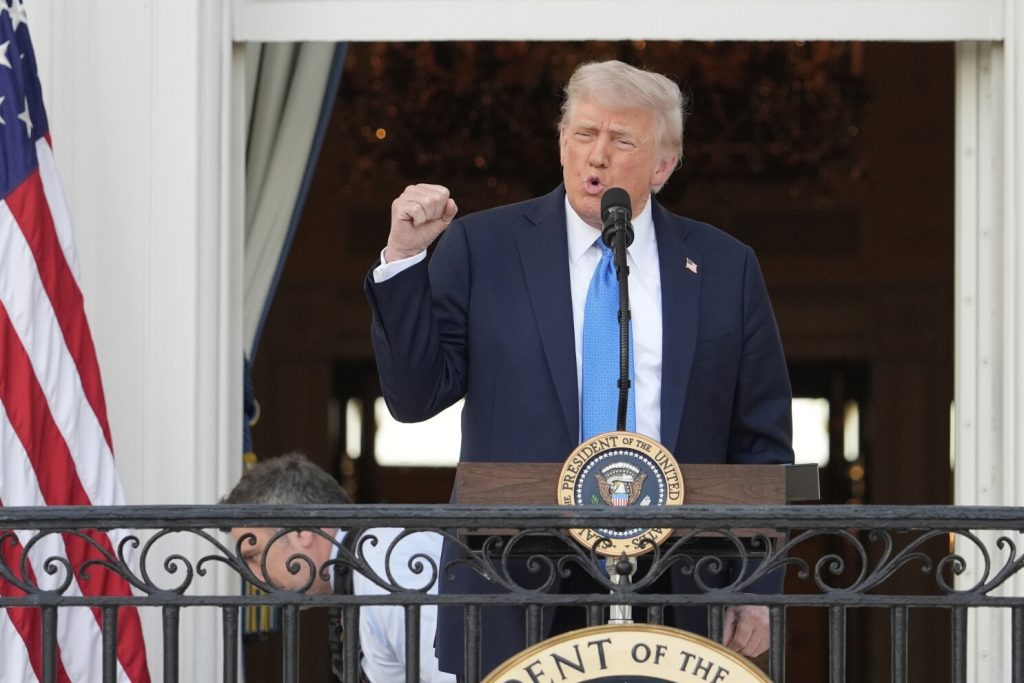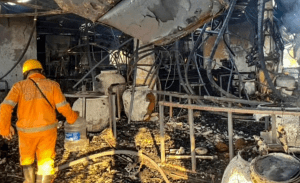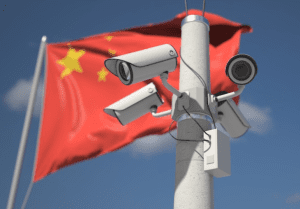Donald Trump has signed a sweeping new travel ban targeting citizens from 12 countries, fully restricting entry from nations like Afghanistan, Iran, and Haiti, reviving a key policy from his first term.

Former U.S. President Donald Trump has signed a sweeping executive order, banning entry from 12 countries and restricting travel from seven others, reviving one of his most controversial policies from his first term.
The new ban, announced this week, targets a wide swath of African, Middle Eastern, and Latin American nations. Critics argue it’s a discriminatory move that echoes the “Muslim ban” from 2017 and will likely have devastating effects on immigrant communities and family reunification efforts.
Which Countries Are Banned?
According to the proclamation, nationals from the following 12 countries are fully banned from entering the U.S.:
- Afghanistan
- Myanmar
- Chad
- Republic of the Congo
- Equatorial Guinea
- Eritrea
- Haiti
- Iran
- Libya
- Somalia
- Sudan
- Yemen
In addition, travel from the following seven countries is partially restricted:
- Burundi
- Cuba
- Laos
- Sierra Leone
- Togo
- Turkmenistan
- Venezuela
These restrictions vary by visa type, security clearance requirements, or other limitations.
Trump’s Justification: Security or Strategy?
Trump claimed that the decision was made based on “foreign policy, national security, and counterterrorism goals.” The order stems from a directive issued on January 20, his first day back in office, in which he instructed officials to propose a list of countries for travel bans by March 21.
The former president cited concerns over visa overstays, terrorism risk, and immigration enforcement. Yet, the timing and scope of the ban suggest a political strategy aimed at rallying his base and fulfilling long-standing campaign promises.
Widespread Backlash and Legal Concerns
Immigrant rights advocates, legal scholars, and civil liberties organizations are sounding the alarm. Many say this latest travel ban is a thinly veiled form of discrimination, targeting nations with majority-Muslim or majority-Black populations.
“This is racial profiling masquerading as national security,” said a spokesperson for the ACLU. “It will separate families, hurt U.S. communities, and undermine our values.”
During Trump’s first term, similar travel bans sparked widespread protests, multiple court battles, and condemnation from allies. The Supreme Court ultimately upheld a version of the previous ban in 2018—but not without fierce dissent.
Communities in the U.S. Face New Uncertainty
The new travel restrictions could deeply affect immigrant-heavy communities in cities like Miami, Minneapolis, and Los Angeles, where populations from Haiti, Cuba, and Venezuela are heavily represented.
“This is going to devastate families, students, and businesses,” said immigration attorney Liza Rodriguez. “We’re bracing for a new wave of fear and confusion.”
Advocates warn the bans will likely result in visa denials, missed funerals, canceled weddings, and long-term separation of loved ones—echoing the human cost of the original 2017 ban.
Political Fallout and 2024 Strategy
Trump’s revival of the travel ban signals a clear return to the hardline immigration policies that defined his presidency. Analysts say the move is part of a broader 2024 strategy to reenergize his base and reassert dominance on immigration policy.
But the decision may backfire internationally. Human rights groups and foreign governments have already condemned the move, warning it could erode America’s global standing and strain diplomatic ties.
Conclusion: A Controversial Comeback
With this sweeping ban, Trump has reopened one of the most polarizing chapters of his presidency. While framed as a national security measure, critics see it as a calculated political maneuver that harms innocent people—especially those from war-torn or impoverished regions.
The legal battles and public backlash are already beginning. And once again, immigrant communities are left to pay the price.








Comments are closed.